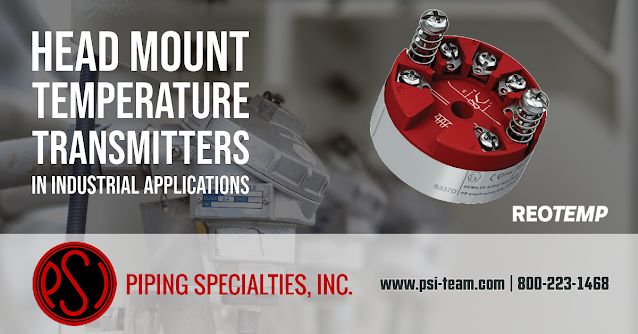When selecting level sensors for food processing applications, it is essential to consider the importance of 3A-certified probes. The 3A Sanitary Standards, developed by the 3-A Sanitary Standards, Inc., set strict guidelines for the design and materials used in equipment that comes into direct contact with food products. By choosing 3A-certified probes, food processors can ensure that their level sensors meet the highest standards of hygiene and cleanability, preventing contamination and ensuring the safety of the final product.
Level control sensors are invaluable tools for inventory management in food processing facilities. By continuously monitoring the levels of ingredients, such as liquids, powders, and solids, in storage tanks and silos, these sensors provide real-time data that helps optimize stock levels and prevent shortages. This information enables food processors to streamline their supply chain, reduce waste, and minimize production downtime caused by insufficient raw materials.
Overfill protection is another critical application of level sensors in food processing. By installing point-level sensors at strategic locations within storage vessels and processing tanks, food processors can detect when the product level reaches a predetermined maximum threshold. These sensors trigger alarms or automatically shut off filling processes, preventing costly and potentially hazardous spills. Overfill protection safeguards against product loss and helps maintain a safe working environment for employees.
Level sensors also contribute to food processing facilities' effective waste management and regulatory control. By accurately monitoring the levels of waste products, such as wastewater or byproducts, food processors can ensure that these substances are correctly handled and disposed of in compliance with environmental regulations. Additionally, level sensors can help food processors meet stringent food safety regulations by precisely measuring ingredient quantities and ensuring that products meet the required specifications.
In conclusion, point and continuous level sensors are indispensable tools in the food processing industry, enabling manufacturers to maintain the highest quality, safety, and efficiency standards. By utilizing 3A-certified probes, implementing level control for inventory management, and leveraging level sensors for overfill protection, waste management, and regulatory power, food processors can optimize their operations and deliver consistently superior products to consumers.
Piping Specialties / PSI Controlshttps://psi-team.com
800-223-1468






